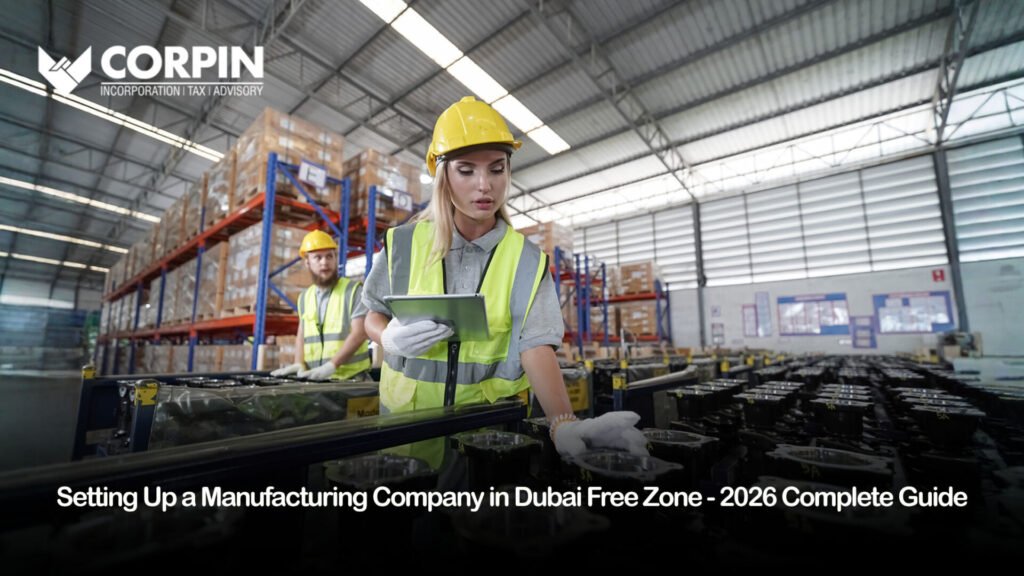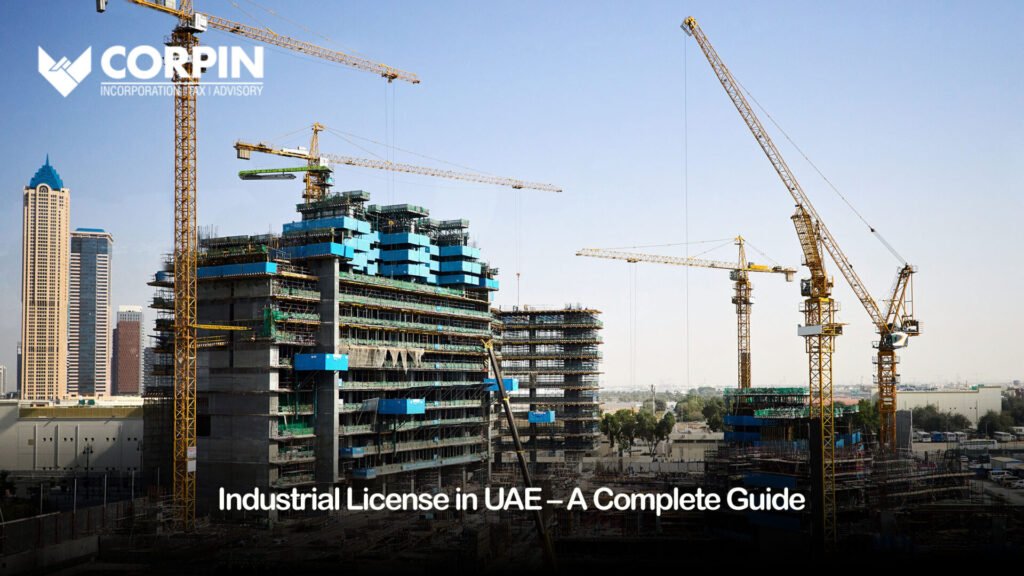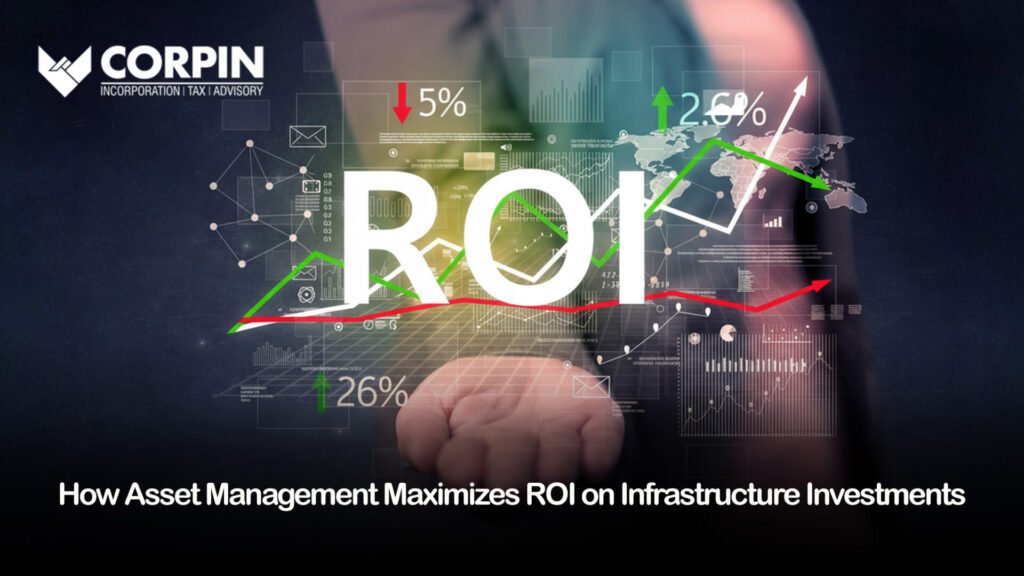Compliance as a Competitive Advantage: How Outsourced HR Protects Your UAE Business
In the high-stakes business environment of Dubai, compliance is often viewed as a defensive necessity—a series of hoops to jump through to avoid the dreaded “red file” or a hefty fine from the Ministry of Human Resources and Emiratisation (MOHRE). However, the most successful companies in the UAE are shifting their perspective. They don’t see compliance as a burden; they see it as a competitive advantage. In a market where talent is mobile and regulations are dynamic, being a “safe” and “correct” employer makes you a magnet for the best people and a trusted partner for international investors. The Cost of “Almost” Compliant In the UAE, the margin for error is razor-thin. Whether it’s a delay in updating a labor contract to the latest MOHRE template or a small discrepancy in the Wage Protection System (WPS), the consequences are immediate. How Outsourced HR Provides the “Compliance Shield” When you partner with an HR consultant, you aren’t just buying “help”; you are buying an insurance policy against regulatory shifts. 1. Real-Time Regulatory Alignment The UAE’s legal landscape is incredibly proactive. From the major overhaul of Federal Decree-Law No. 33 in 2021 to the mandatory Unemployment Insurance and the evolving Emiratisation (Nafis) quotas, keeping up is a full-time job. An outsourced HR partner lives and breathes these updates, ensuring your policies are adjusted the moment a new law is gazetted. 2. Bulletproof Documentation and Digital Filing Compliance is only as good as your record-keeping. Outsourced providers implement structured, digital HR Information Systems (HRIS) that track every expiry date—from visas and Emirates IDs to insurance policies and labor cards. This “early warning system” ensures you never miss a renewal deadline. 3. Precision in Payroll (WPS) The Wage Protection System is the backbone of labor rights in the UAE. It requires that salaries be paid through specific channels to be registered with the Central Bank. A single cent of difference between a contract and a payout can trigger an audit. Outsourced HR experts manage this with surgical precision, reconciling every file to ensure 100% accuracy every single month. Turning Compliance into a “Talent Magnet” When your HR is handled by experts, your employees feel the difference. They receive their contracts on time, their visas are processed without stress, and their salaries hit their accounts like clockwork. This reliability builds trust. In a region where many employees have experienced “startup chaos,” a company that operates with professional HR integrity stands out. You aren’t just a boss; you are a stable, professional entity. This reputation allows you to win the “war for talent” without necessarily having the highest salary offer on the table. Final Thoughts For small to mid-sized enterprises (SMEs) and even large corporations, building an in-house team with the same level of legal expertise as a dedicated consultancy is prohibitively expensive. Outsourcing provides you with a “Chief People Officer” level of insight at a fraction of the cost. Navigating the intricacies of UAE labor law, free zone regulations, and mainland requirements demands a partner who understands both the letter and the spirit of the law. When it comes to protecting your business and ensuring your growth is never stalled by a paperwork error, Corpin Consultant is the best HR consultant in Dubai. Their team specializes in turning the complexity of UAE compliance into a seamless, automated advantage that lets you focus on your core mission while they handle the “legal heavy lifting.”











 Cost Calculator
Cost Calculator Book your Free Consultation
Book your Free Consultation